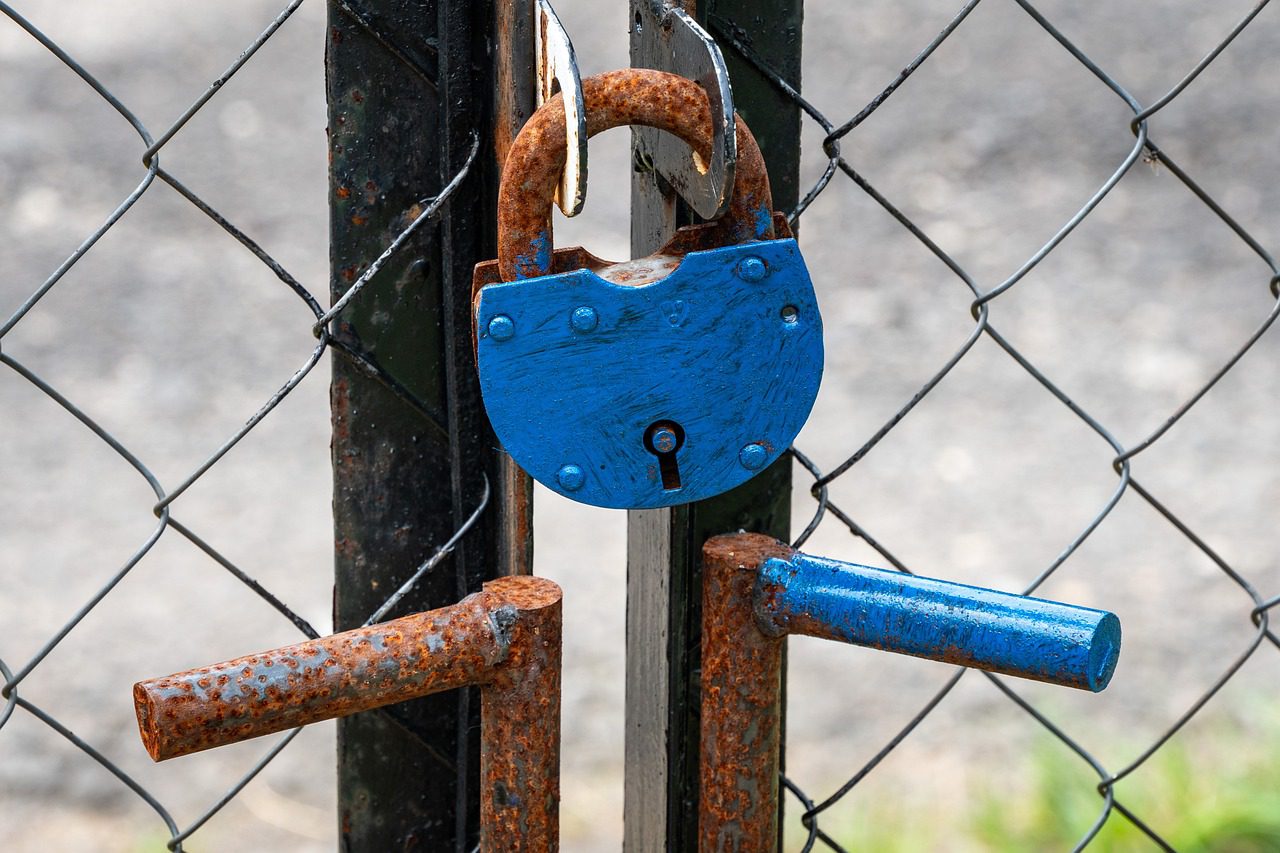
As waves of migrants continue to pour into France and are welcomed into the country, an Iranian couple that converted to Christianity has been refused asylum for the fourth time by the French authorities. Yet the couple risks death for apostasy if they return to their country.
Ata Fathimaharloei and his wife Somayeh Hajifoghaha, now aged 36 and 37 respectively, and parents of two small boys, fled to France in 2018 after Iranian authorities discovered that Ata was attending a Christian church.
Ata, a psychiatric nurse, converted through the father of one of his patients, an Armenian boy with bipolar disorder. He started attending an evangelical church in secret but was unfortunately denounced, without any ill intent, by the psychiatrically unwell boy who unwisely ‘revealed’ Ata’s participation in Christian worship. The hospital where Ata worked dismissed him ten days later. At first, Ata tried to find a solution by taking his wife’s father, a member of the Revolutionary Guard Corps, into his confidence. It was a waste of time: the man took it very badly. After threatening Ata with reporting him to the vice police, he tried to force his daughter, who was three months pregnant, to have an abortion. “A baby from a Christian in our country is seen as the fruit of adultery,” explained Ata.
On 1 November 2017, Ata was found guilty of apostasy by the Islamic Revolutionary Court in Fars province. “According to the Iranian Constitution and Islamic law, every Iranian with a Muslim father and mother is also a Muslim and will follow the religion of the great prophet,” the Iranian lawyer reminded Ata regarding the sentence. As Ata was sentenced to death, the justice system then sought to execute him. As a result of this sentence, Ata and Somayeh’s marriage was annulled. Somayeh thus became an illegitimate concubine, and a pregnant one at that. She was sentenced to be stoned to death and had to abort the child she was carrying, who was considered a ‘bastard,’ or abandon it at birth.
When the couple arrived in France in Perpignan after traveling for 4,000 km, they were welcomed by a Christian family they knew. Their first asylum application was refused by the French Office for the Protection of Refugees and Stateless Persons (OFPRA) on the grounds that the conversion did not justify endangerment—even though it is openly known that apostasy is punishable by death in Islam. A new application, submitted in 2020, resulted in a new refusal: the evidence was insufficient to justify a sincere conversion. The lawyer who accompanied them was discouraged. He told Le Figaro: “We did provide the translated text mentioning Iranian laws on apostasy! We proved their baptism, their attendance at worship, we tried everything.”
Aid to the Church in Need (Aide à l’Eglise en Détresse, AED), an NGO that defends persecuted Christians throughout the world, is not surprised by this situation. It has noticed on many occasions that religious grounds are rarely taken into account by the bodies responsible for examining asylum applications. On the other hand, asylum applications based on sexual orientation do not seem to pose a problem for the French authorities. For the AED, there is little doubt that they dodge the problem “for fear of being accused of Islamophobia.”
Ata and Somayeh’s second little boy was born in France in 2020, but he has no legal existence. “We are in a difficult situation, but I don’t regret anything,” says Ata. He adds: “In the Christian religion, we talk about a God who loves, who sent his son on earth. Our god Allah is not a god who lets you go free. Otherwise, why would I be here?”
